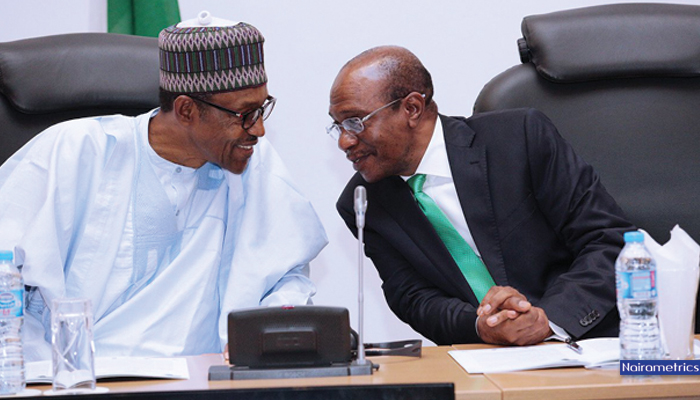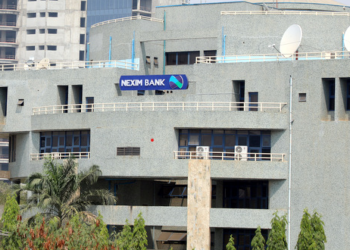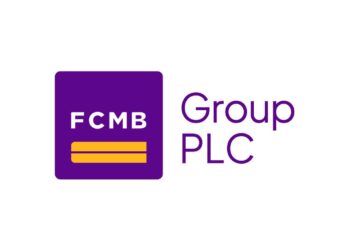The Central Bank of Nigeria is set to re-introduce cash handling charges for both deposits and withdrawals as its board of governors approve the full implementation of the cashless policy nationwide.
The Deputy Governor, Operations of the CBN, Adebayo Adelabu, made this disclosure while addressing the annual dinner of the Nigerian Electronic Fraud Forum ( NeFF) in Lagos.
Adelabu said:
“The committee of governors has approved the implementation of the full cashless policy yesterday and the CBN will release a circular which will detail out the process of re-adoption of the policy this week.”
In two previous circulars, BPS/DIR/GEN/CIR/04/001 issued on 21st February 2017, and BPS/DIR/GEN/CIR/04/002 issued on 16th March 2017 the CBN had introduced the charges for cash deposits and this led to a public outcry on the policy.
Following the massive outcry that greeted the reviewed cash handling fees policy,the apex bank had on April 22, 2017, suspended indefinitely, the nationwide implementation of the policy.
In a circular signed by Dipo Fatokun, Director, Banking and Payments System Department of CBN, directed banks to revert to old charges and refund customers who had been debited.
CBN had earlier introduced new charges on deposits and withdrawals above a threshold of N500,000 for individuals and N3 million for corporate bodies.
The apex bank had directed banks to charge 1.5 percent and 2 percent for deposits and withdrawals ranging from N500,000 and N1 million in the individual category;
2 percent and 3 percent for amount above N1 million to N5 million; and 3 percent and 7.5 percent for amount above N5 million.
For corporate organisations, CBN fixed 2 percent and 5 percent for deposits and withdrawals between N3 million and N10 million respectively;
3 percent and 7.5 percent for above N10 million to N40 million; and 5 percent and 10 percent for amount above N40 million.
It would be recalled that Christine Lagarde, Managing Director of the International Monetary Fund (IMF), had recently revealed that Nigeria could save as much as $9 billion (N3.24 trillion) by shifting government payments from cash to digital systems.
























